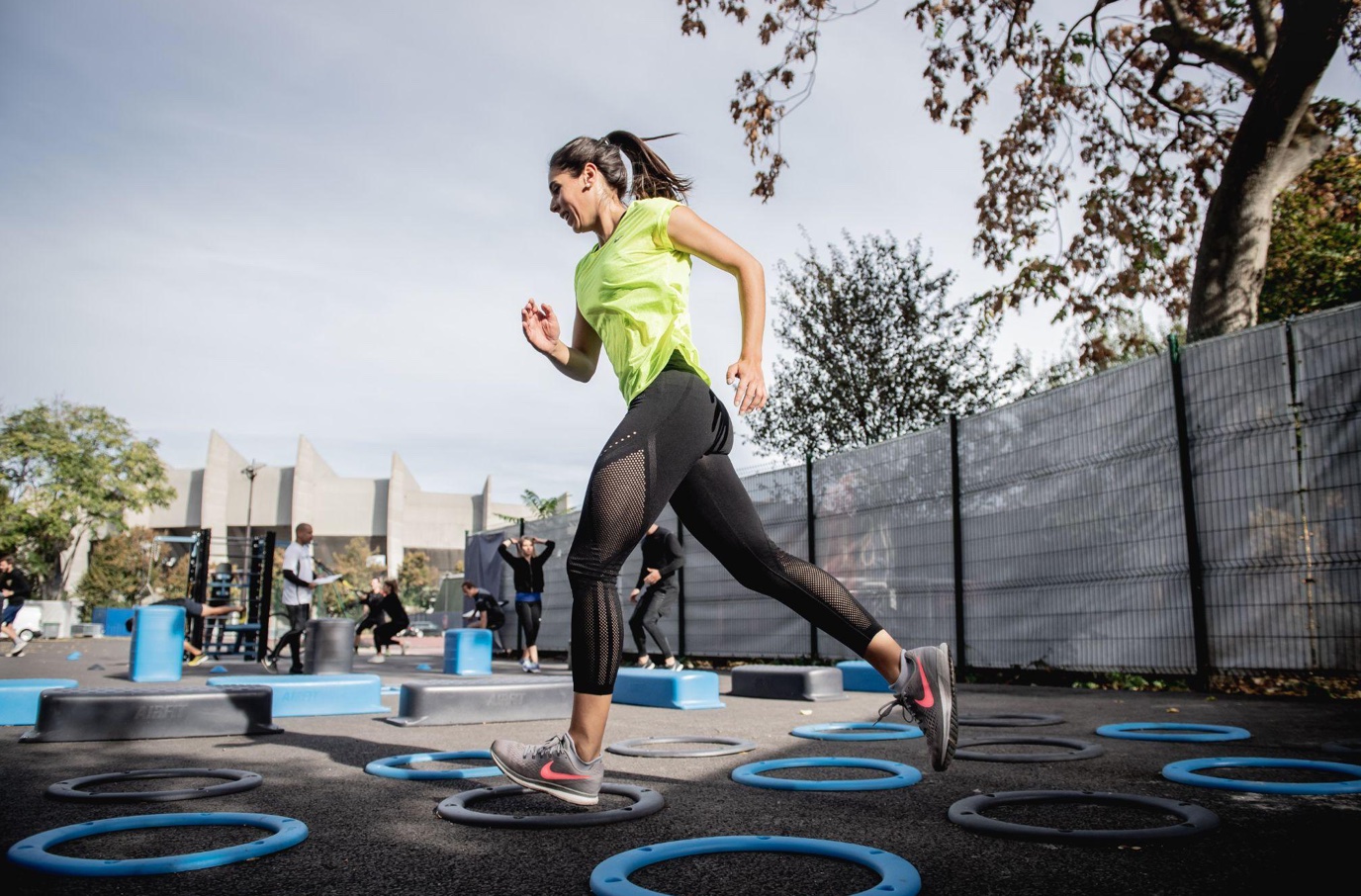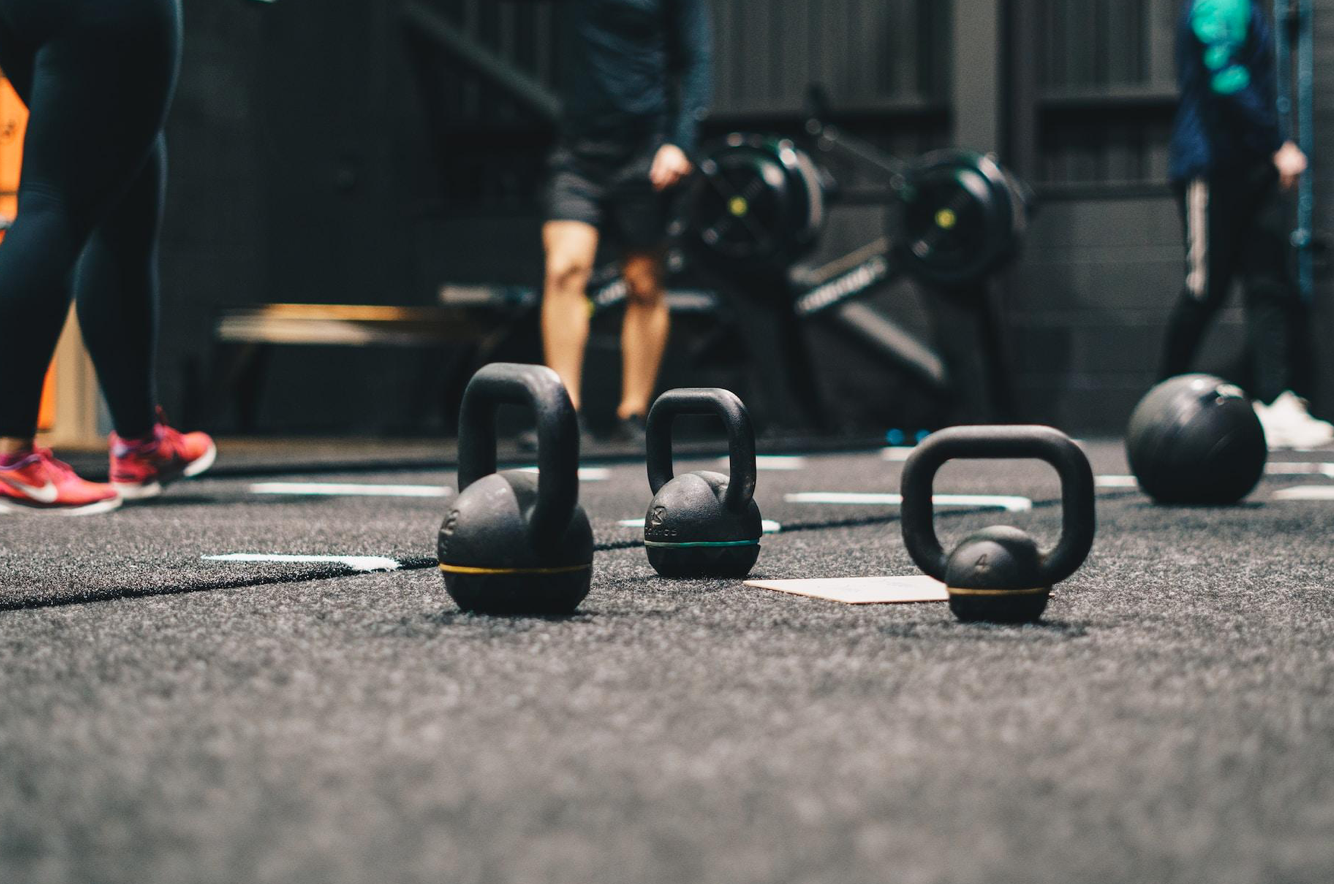Start making exercise a part of your everyday routine. It doesn’t have to be much more than a walk to begin with. Over time, you’ll notice how much better and calmer you feel.
If you suffer from anxiety, you’ve certainly had days when you simply didn’t know how to lessen your symptoms. Anxious thoughts can sometimes become so all-consuming you will feel you will remain trapped in them forever.
Has anyone ever told you to “just go for a walk” when you were having a particularly anxious time? While your first reaction may have been something quite obscene, there is actually scientific evidence to support the claim that exercise and movement can help reduce the symptoms of anxiety.
How Does Exercise Impact Anxiety?
Studies have concluded that there are numerous health benefits to exercising regularly. They include:
- Improved quality of sleep
- Increased level of energy
- Improved mental alertness and concentration
- Increased endurance
- Improved mood
Stress, on the other hand, does the exact opposite. It keeps you awake at night and drains you of your mental and physical energy. It can cause brain fog and a low mood. And, over time, it can even damage your physical health.
When you are anxious, your body enters a certain degree of fight or flight, and you start to produce stress hormones. If you were to counteract them with the production of endorphins, the body’s natural painkillers, also known as the happiness hormone, you would start to relax and feel less anxious.
In fact, as little as ten minutes is enough for you to start feeling the benefits. It would, of course, be best if you could find the time and willpower to work out longer than that, but a ten-minute brisk walk can help you combat anxiety.
The Challenge of Working Out When Anxious
It may be extremely difficult to get your body moving when you’re very anxious or bordering on panic. You don’t need to force yourself to work out when you are feeling particularly low or on edge. While it will help, it’s not always going to be possible.
Try to remind yourself to move your body once the worst of the anxiety is over. It will distract you from anxious thoughts, especially if you put some music on or watch a movie or show.
Your anxious brain will do its best to convince you that exercise is not the answer, as it will hate leaving your comfort zone. However, all you need to do is get started, and it will soon adjust. You can literally walk around your apartment or dance around your room.
If you are having a panic attack, exercise can, in some cases, worsen your symptoms. Ride it out and only start working out when you feel calmer. You don’t want your brain to turn exercise into a trigger.
How to Use Exercise to Manage Anxiety

Now that you understand how exercise can help you manage your anxiety, let’s explore how you can incorporate it into your lifestyle:
- Set yourself a very small goal. Start by getting 10-20 minutes of exercise five times a week. It can literally be a slightly brisker walk to the store.
- As your anxiety symptoms start to lessen, try upping your exercise to 30-45 minutes, five times a week. You can go jogging, running, swimming or biking. You can lift weights, sign up for a sport, or take a dance class, for example.
- Consider taking a pre-workout supplement if you want to improve your performance and lose some weight or build some muscle, as well as manage your anxiety symptoms.
- Consistency is much more important than perfection. Don’t worry if you can’t complete your entire workout routine. Even if you skip certain reps or use lighter weights than usual, you are still putting the work in, which is all that matters.
- Make workouts fun. You will be much more likely to stick to a routine you like than one you really dislike. You don’t have to lift weights or run if you don’t enjoy it.
- Don’t expect to get in shape overnight or to feel confident in your new routine right away. It may take as much as a month to start to feel properly coordinated and confident in your new regime.
Wrapping Up
Start making exercise a part of your everyday routine. It doesn’t have to be much more than a walk to begin with. Over time, you’ll notice how much better and calmer you feel.


Join the conversation!